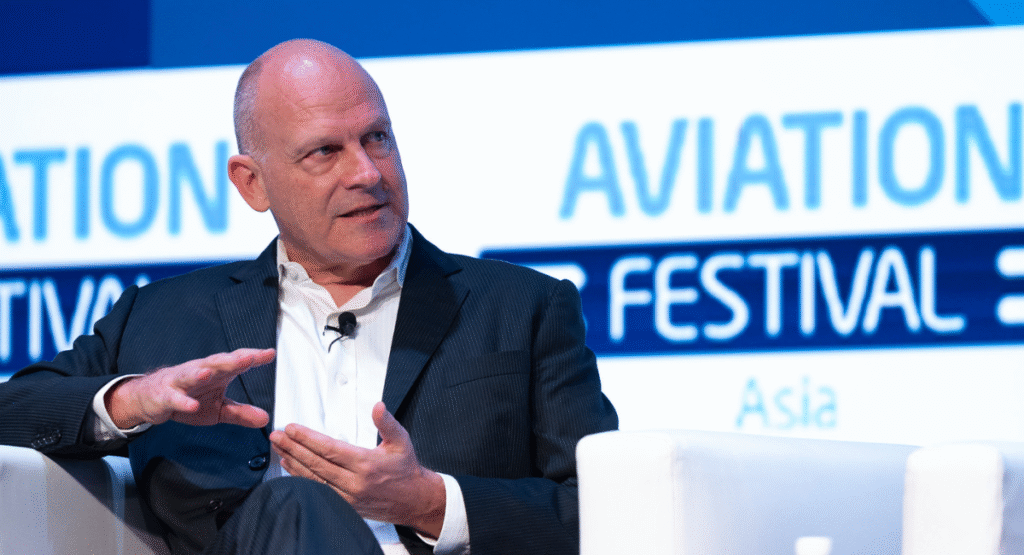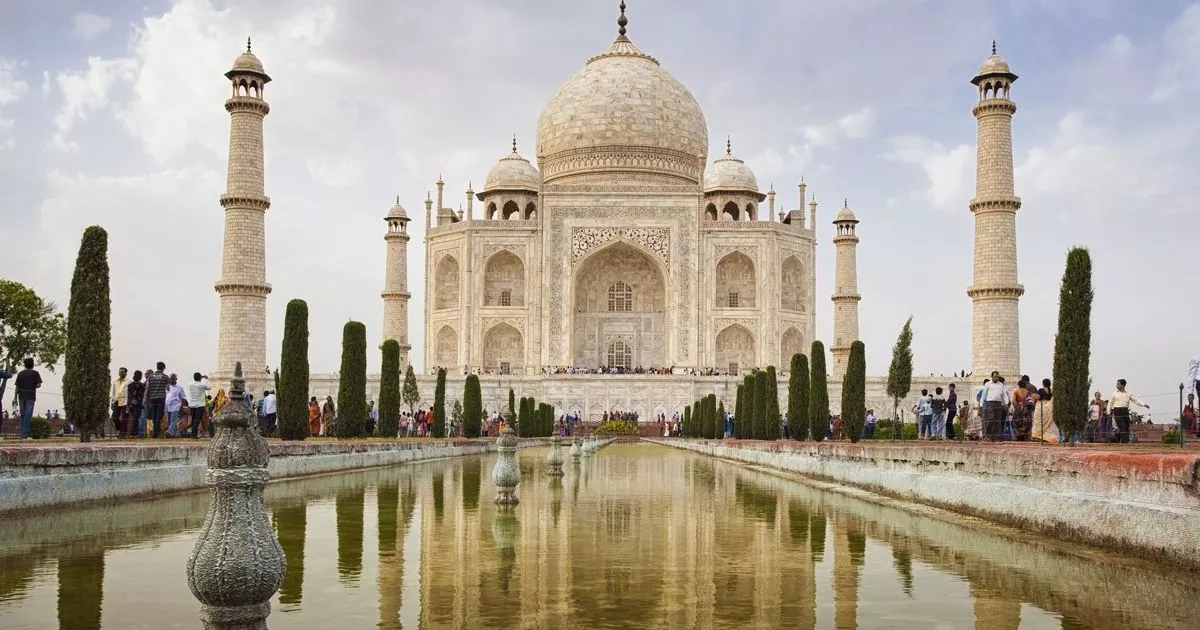Why Campbell Wilson’s Role at Air India Matters
The global aviation industry has witnessed numerous airline turnarounds, but few are as ambitious as Air India’s. After decades of underperformance and public dissatisfaction, Air India is undergoing a radical transformation under the guidance of Campbell Wilson, its current CEO and Managing Director. This leadership shift, driven by the Tata Group, represents more than a corporate restructuring—it’s a cultural overhaul of India’s flagship carrier.
This article explores how Wilson’s global experience, operational strategy, and leadership style are laying the foundation for a competitive, customer-focused Air India.
Who Is Campbell Wilson? A Background in Global Aviation Leadership
Campbell Wilson hails from New Zealand and brings over 25 years of aviation industry experience, primarily with Singapore Airlines. His most prominent role before Air India was as the founding CEO of Scoot, a low-cost subsidiary of Singapore Airlines, where he played a pivotal role in building a brand from the ground up.
Career Highlights
- 1996: Joined Singapore Airlines.
- 2011: Became CEO of Scoot.
- 2022: Appointed CEO & MD of Air India by Tata Sons.
Wilson’s career trajectory demonstrates a consistent focus on building efficient, customer-centric airlines. His ability to balance cost-efficiency with service quality is now central to Air India’s ongoing transformation.
Air India Under Wilson: A Strategic Vision for the Future

Air India’s vision under Campbell Wilson is grounded in modernization, consolidation, and global competitiveness. The airline aims to restore its position as a leading international carrier while addressing long-standing operational and service shortcomings.
Strategic Pillars of Transformation
- Fleet Modernization
Air India has placed one of the largest aircraft orders in aviation history, securing 470 planes from Boeing and Airbus, including wide-body jets like the Airbus A350 and Boeing 777. - Brand Integration
The merger of Vistara and Air India will unify the premium travel segment under one strong brand. - Service Quality Upgrade
Investment in cabin refurbishment, in-flight entertainment, and digital infrastructure aims to improve customer satisfaction across all touchpoints. - Global Network Expansion
New and reinstated routes to North America, Europe, and Australia are part of Air India’s broader ambition to serve as a true international hub. - Cultural Change and Talent Acquisition
Wilson emphasizes hiring experienced aviation professionals globally and reshaping the internal culture with performance-driven values.
Challenges and How Wilson Is Addressing Them
While the vision is bold, executing it comes with significant challenges. Air India’s legacy issues, aging workforce, and inconsistent customer service are not easy to fix overnight.
Major Obstacles
- Operational Delays: Due to outdated aircraft and scheduling inefficiencies.
- Employee Resistance: Shifting from a government mindset to a private-sector work ethic.
- Brand Perception: Rebuilding trust among international travelers.
Wilson’s Response
- Launch of the “Vihaan.AI” initiative, a five-year transformation roadmap.
- Introduction of new standard operating procedures across departments.
- Regular employee training and restructuring programs to align teams with the new goals.
By focusing on accountability and modernization, Wilson is progressively steering the airline out of stagnation.
Measurable Progress Since Wilson Took Over

Since his appointment, Wilson’s leadership has already shown signs of tangible progress.
1. Aircraft Acquisition and Infrastructure Investment
The scale of the fleet renewal—covering both short- and long-haul aircraft—signals Air India’s intent to become a global player. New aircraft also help improve fuel efficiency and reduce maintenance costs.
2. Service and Brand Revamp
A refreshed logo, new uniforms, and an updated digital booking experience are steps toward restoring Air India’s brand identity. The customer feedback loop has also been redesigned to respond more effectively to complaints and suggestions.
3. Market Positioning
With the Tata Group’s backing and Wilson’s strategic acumen, Air India is positioning itself to compete with leading airlines like Emirates, Qatar Airways, and Singapore Airlines.
Why Campbell Wilson’s Strategy Aligns with Global Best Practices

What sets Wilson apart is his global perspective. Instead of regional fixes, he’s applying internationally proven models of airline operations.
Key Differentiators
- Customer-Centric Model: Inspired by Singapore Airlines’ approach.
- Data-Driven Decisions: Introducing real-time analytics for fleet and passenger services.
- Sustainability Focus: Future plans include incorporating sustainable aviation fuel and green operations.
Wilson’s strategy is aligned with the best practices in modern aviation, making Air India not just a rebranded airline but a globally benchmarked one.
The Broader Impact on Indian Aviation
Campbell Wilson’s impact extends beyond Air India. His leadership is indirectly pushing other Indian airlines to raise their standards, improving the overall travel experience for passengers.
- Increased Competition: Airlines like IndiGo and Akasa Air are investing more in service quality.
- Foreign Investment Interest: Global players are watching India’s aviation market more closely.
- Passenger Confidence: With visible improvements, more Indians are opting for Air India on international routes.
What’s Ahead for Air India?
Short-Term Goals
- Complete the merger of Vistara by early 2025.
- Expand frequency on high-demand international routes.
- Continue hiring skilled aviation professionals globally.
Long-Term Vision
- Achieve consistent profitability.
- Operate as a carbon-neutral airline by 2030.
- Develop a world-class loyalty program to compete with SkyMiles, KrisFlyer, and Avios.
Conclusion: A Promising Future with Campbell Wilson at the Helm
Air India is no longer just a nostalgic brand—it is becoming a serious player in global aviation, thanks to Campbell Wilson’s leadership. With a clear roadmap, significant investments, and operational reforms underway, the airline is poised for long-term success.
Wilson’s appointment may turn out to be one of the most impactful decisions in Indian aviation history.
FAQs
Who is Campbell Wilson?
Campbell Wilson is the CEO & MD of Air India. He previously served as the CEO of Scoot Airlines and has extensive experience with Singapore Airlines.
What is Campbell Wilson doing at Air India?
He’s leading a comprehensive transformation, focusing on fleet modernization, brand revamp, global expansion, and improved customer service.
Is Air India improving under Wilson?
Yes. Aircraft orders, service upgrades, and brand overhauls are already visible signs of progress.
What makes Campbell Wilson’s leadership different?
His global perspective, focus on operational excellence, and customer-first strategy differentiate him from past leadership.
When will the Air India-Vistara merger be completed?
It is expected to be finalized by 2025, pending regulatory approvals.
For more insightful updates on India’s economic, political, and aviation developments, subscribe to NewsNominal. Stay informed with fact-based journalism and in-depth reports that matter.
You might also like:
Carnival Cruises: Unforgettable Ocean Adventures at Sea








